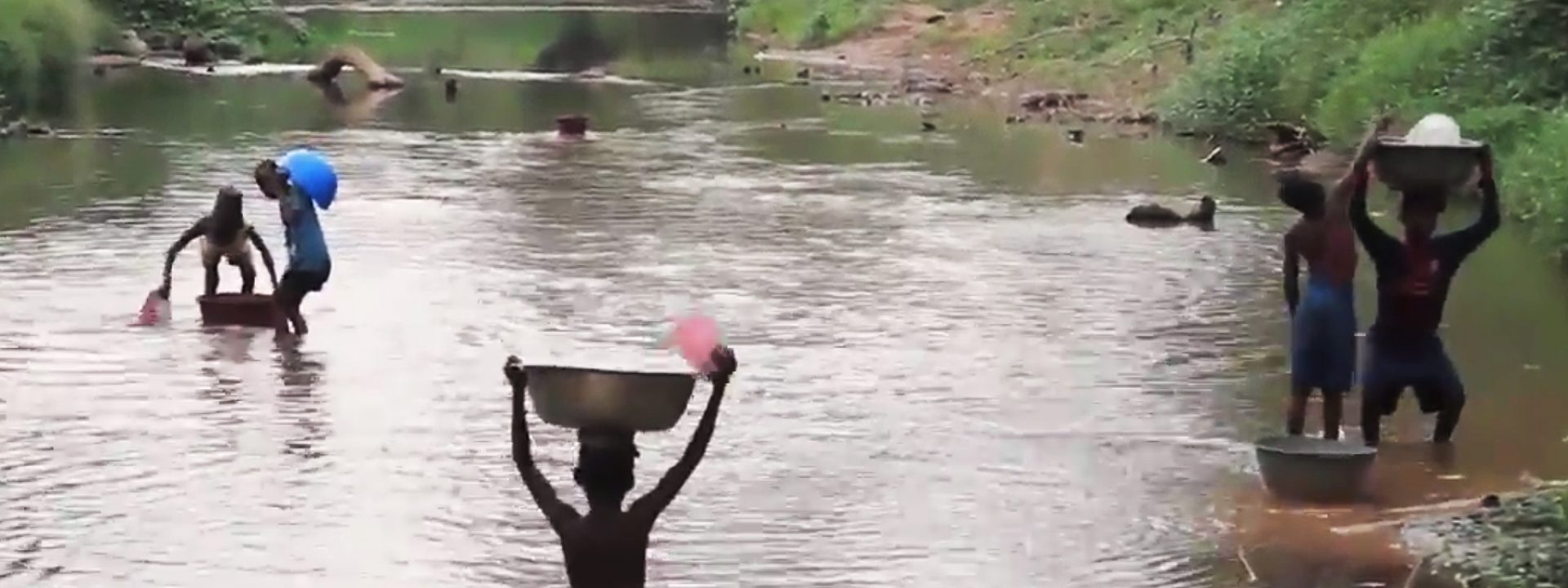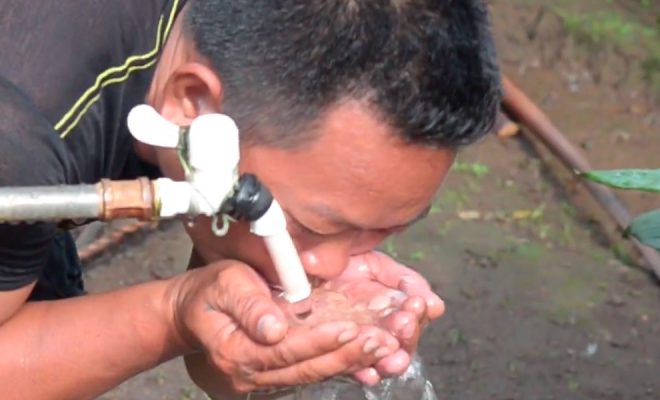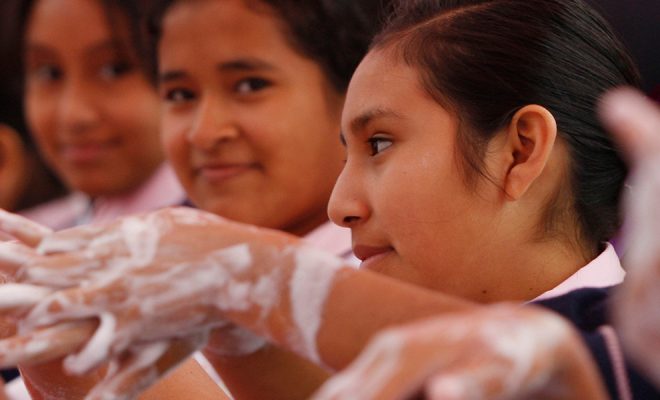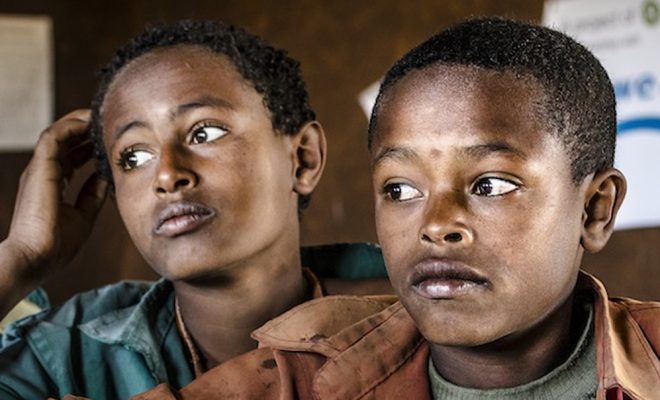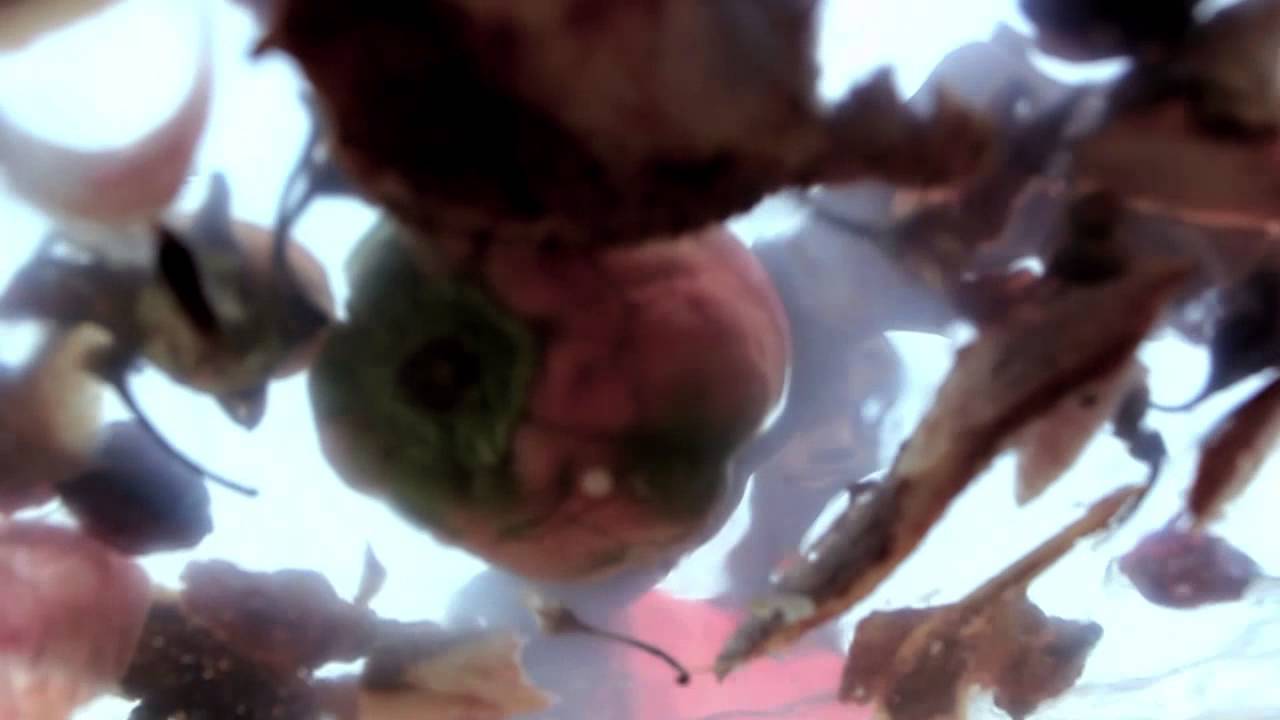
Save lives. PDAs (Ghana. ) Micro-documentary. Finalist 2013/14 edition.
“Keep our water clean. Save lives” is the slogan spread throughout the communities with more access problems to drinking water. In these communities the lack of adequate sanitation is one of the main problems, as without it, it is very difficult to preserve water for drinking purposes.
But there is an even greater scourge, which blocks sustainable solutions: the lack of knowledge, the ignorance of what is means to pollute water, the lack of adequate hygienic practices that prevent the spreading of diseases such as diarrhoea, Ebola, cholera, ringworm, schistosomiasis, malaria, respiratory diseases… all of them endemic in areas without sanitation or hygiene, such as the region in Ghana shown in the short film.
Diarrhoea is the most widespread. According to the information gathered by the World Health Organization (WHO) in May 2016, diarrhoeal diseases continue to be the second greatest cause of death for children under the age of 5, around 525,000 in 2016; an unbearable scourge that needs to end. These are diseases that may be avoided with the access to drinking water, to adequate sanitation services, and most important of all, to good hygienic practices.
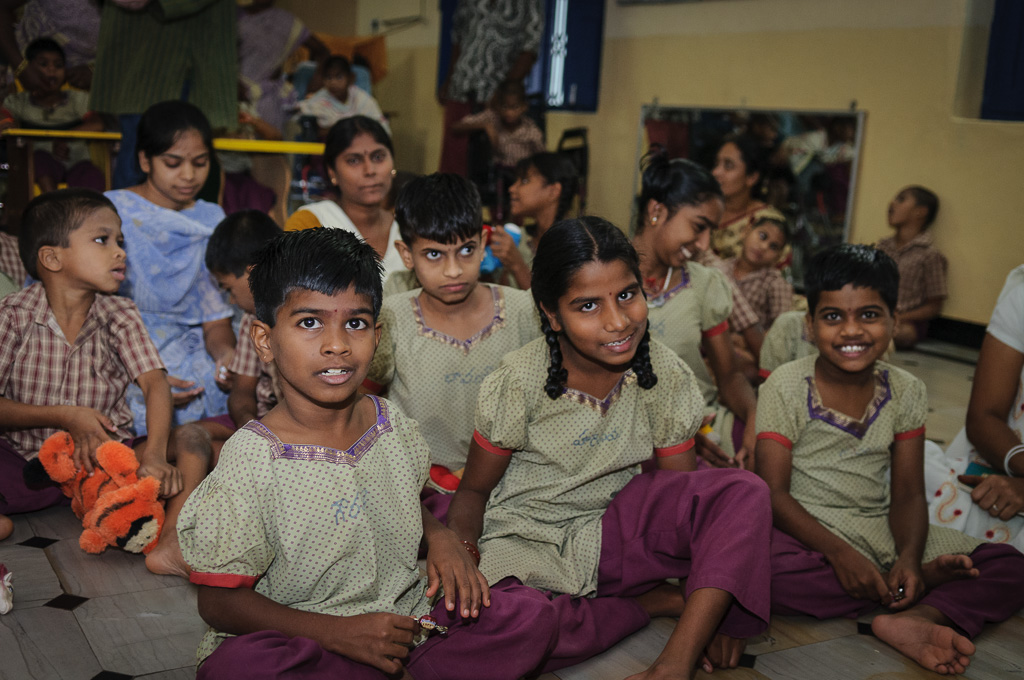
Carlos Garriga/ We Are Water Foundation
In Save Lives we can see how easy it is to spread diseases through water. In most cases due to a double ignorance: the ignorance of those who pollute it and that of those who drink it. Education on the cleanliness of water and on hygiene are tools that need to go side by side with any relief action in access to water and sanitation for it to be efficient and sustainable. The experience in the projects of the Foundation shows that the spreading of knowledge is unavoidable and it is particularly effective among children in school. They behave like agents of sustainable change in their families and as adults they will be leaders of communities that are free of polluted water.


